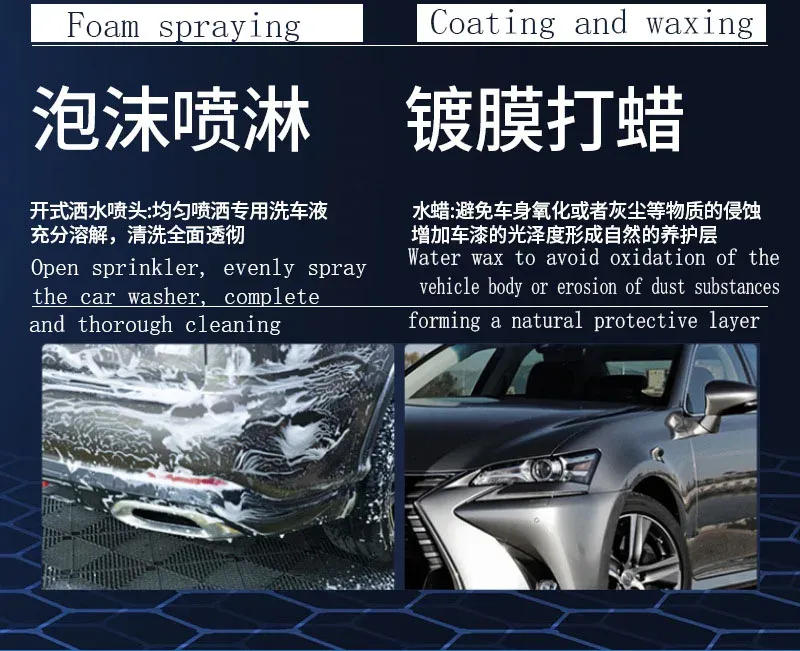
- Afrikaans
- Albanian
- Amharic
- Arabic
- Armenian
- Azerbaijani
- Basque
- Belarusian
- Bengali
- Bosnian
- Bulgarian
- Catalan
- Cebuano
- Corsican
- Croatian
- Czech
- Danish
- Dutch
- English
- Esperanto
- Estonian
- Finnish
- French
- Frisian
- Galician
- Georgian
- German
- Greek
- Gujarati
- Haitian Creole
- hausa
- hawaiian
- Hebrew
- Hindi
- Miao
- Hungarian
- Icelandic
- igbo
- Indonesian
- irish
- Italian
- Japanese
- Javanese
- Kannada
- kazakh
- Khmer
- Rwandese
- Korean
- Kurdish
- Kyrgyz
- Lao
- Latin
- Latvian
- Lithuanian
- Luxembourgish
- Macedonian
- Malgashi
- Malay
- Malayalam
- Maltese
- Maori
- Marathi
- Mongolian
- Myanmar
- Nepali
- Norwegian
- Norwegian
- Occitan
- Pashto
- Persian
- Polish
- Portuguese
- Punjabi
- Romanian
- Russian
- Samoan
- Scottish Gaelic
- Serbian
- Sesotho
- Shona
- Sindhi
- Sinhala
- Slovak
- Slovenian
- Somali
- Spanish
- Sundanese
- Swahili
- Swedish
- Tagalog
- Tajik
- Tamil
- Tatar
- Telugu
- Thai
- Turkish
- Turkmen
- Ukrainian
- Urdu
- Uighur
- Uzbek
- Vietnamese
- Welsh
- Bantu
- Yiddish
- Yoruba
car washer water
The Importance of Water Management in Car Washing
As car enthusiasts and everyday drivers, we often think about how to keep our vehicles clean and well-maintained. One of the most commonly used methods for cleansing our cars is through washing, which, while essential for maintaining a vehicle's appearance and longevity, has significant implications on water usage and management. This article discusses the importance of water in car washing, sustainable practices, and innovative solutions that can help minimize water wastage while ensuring cars remain pristine.
The Role of Water in Car Washing
Water is the foundation of any car washing process. It serves multiple purposes from loosening dirt and grime to assisting in the application of soaps and cleaning agents. Traditional car washes often consume vast amounts of water. On average, a typical in-bay car wash can use anywhere from 30 to 100 gallons of water per wash, depending on the procedures employed. This startling statistic emphasizes the need for more sustainable practices.
The Impact of Water Usage
Water scarcity is an escalating concern worldwide. As cities expand and populations grow, the demand for fresh water continues to strain our resources. In many regions, especially those prone to drought, excessive water consumption for non-essential activities like car washing can exacerbate shortages. Considering this, it's crucial to reevaluate our washing methods to be more environmentally friendly and water-efficient.
Sustainable Car Washing Practices
car washer water

1. Waterless Car Washes One innovative solution has emerged in the form of waterless car wash products. These spray-on cleaners allow users to clean their vehicles without the need for significant water usage. They effectively encapsulate dirt and grime, enabling effortless wiping with a microfiber cloth. Not only do these products save water, but they also minimize the potential for runoff that can pollute local waterways.
2. Pressure Washing with Reduced Flow If traditional washing methods are preferred, using high-efficiency pressure washers represents a more sustainable choice. These devices can achieve a thorough clean while consuming significantly less water than standard hoses. By adjusting the nozzle to optimize pressure and flow, consumers can reduce water usage by up to 80%.
3. Recycling Water Some car wash establishments are now implementing water recycling systems. These setups filter and purify used water, allowing it to be reused for subsequent washes. This closed-loop system not only lowers water consumption but also reduces operational costs for car wash businesses.
4. Using a Bucket and Sponge For DIY enthusiasts, washing your car with a bucket and sponge instead of a hose can dramatically decrease water usage. Filling a bucket with water for rinsing and soaping saves gallons compared to running a hose continuously. It’s a simple yet effective approach that everyone can adopt.
5. Scheduled Washing Only washing your car when necessary also contributes to water conservation. Many people tend to wash their vehicles too frequently. By waiting for the right time—such as after a long road trip or when dirt becomes visibly problematic—you can minimize water use over time.
Conclusion
In conclusion, water management in car washing is an important issue that requires immediate attention. As stewards of the environment, we can adopt various sustainable practices—from waterless car washes to efficient use of pressure washers—that significantly reduce water consumption. The goal should not just be to maintain the aesthetics of our vehicles but also to safeguard our planet's vital resources. By being conscious of how we wash our cars, we can contribute to a more sustainable future, ensuring that both our vehicles and the environment remain clean and healthy. Let's embrace a new era of car washing that harmonizes our needs with responsible water management.
-
Xingtai Dingyuan Carwash Equipment Supplier StoryNewsAug.24,2025
-
Xingtai Dingyuan Car Wash Manufacturers StoryNewsAug.24,2025
-
Wholesaler’s Choice DY-QC-9 Tunnel Car Washing MachineNewsAug.24,2025
-
The Efficient Solution For Sourcing Commercial Car Washing MachinesNewsAug.24,2025
-
DY-QC-5 Automatic Car Washing Machine Dingyuan IntelligentNewsAug.24,2025
-
DY-QC-5 Automatic Car Washing Machine For WholesalersNewsAug.24,2025



